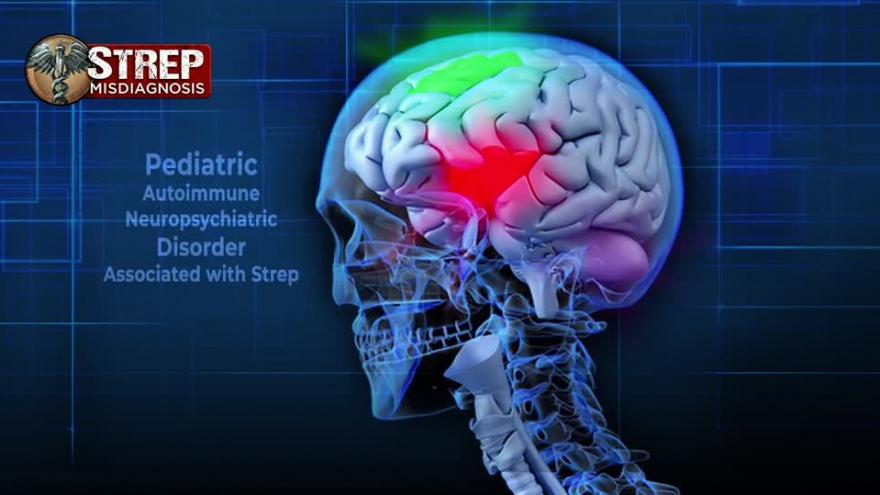Culver seniors host bike ride to raise awareness for little-known pediatric disorder
CULVER, Ind. -- Three Culver Academy students are using a school leadership project to raise awareness about a little known pediatric disorder called PANDAs.
"All of our students have to answer the question -- What can I do to make a difference in the community, or to contribute or to address a need? That's our capstone program," said Leadership teacher, Nancy McKinnis. "We call it our service leadership practicum and it includes a project."
For their project seniors Rockwell Nierenberg, George Cruickshank and Lucas Carroll
decided to use the busy alumni weekend to host a bike ride around lake maxinkuckee
"So we're riding for a disorder called PANDAs, which is Pediatric Autoimmune Neuropsychiatric Disorder Associated with Streptococcal infections," said Nierenberg. "It's associated with kids from like, 3 to 14."
The decision to choose PANDAs came from a personal connection Carroll has to the disorder.
"My cousin was diagnosed with PANDAs and because it's kind of a rare disorder, only one in two hundred kids are affected by it, and it was only described and discovered in the 90s," said Carroll.
PANDAs is often misdiagnosed as ADHD and can be brougth on by a common infection.
"So it's essentially a disease that comes upon after a kid gets strep infection," said Carol. "Often times when they're fighting the strep cells then it will actually end up fighting healthy cells and it can cause symptoms such as OCD or different tics or motor function skills declining.
Carroll's aunt Kieran McHugh said the disorder hit her daughter like a ton of bricks.
"She had a sudden onset of extreme anxiety and panic, many fears about different things, also a huge decline in her small motor coordination, her hands started shaking," said McHugh.
It took about two years for them to get a diagnosis and that's what these guys are hoping to change.
"The most important thing is just to get awareness," said Carroll. Reaching out to people, just looking out in their area for their friends' children, for their family's children, for their own children. And looking for the signs, looking for the symptoms. The more people know about it, the more likely that in the future they will realize their child has it and will be able to help get the cure that they need."
For more information on PANDAS click here.















